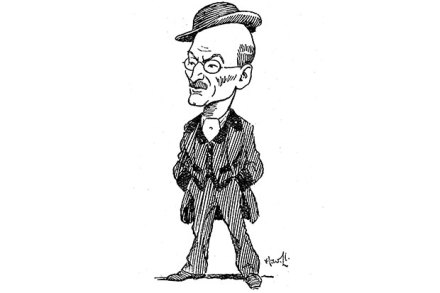High priestess of horror
A film critic friend, astonished that I had never heard of Shirley Jackson, told me to go and read her immediately. That was ten years ago and she has since become one of a handful of talismanic writers I reach for when craving literary succour. An undisputed master of the gothic and the uncanny— We Have Always Lived in the Castle and Hangsaman are both masterclasses in the unearthly and the opaque — she plumbs domestic and familial horror in a way which manages to be both universal and chillingly particular. She is also, in Britain anyway, still ridiculously underrated, even unknown. This new biography by the New Yorker critic




















